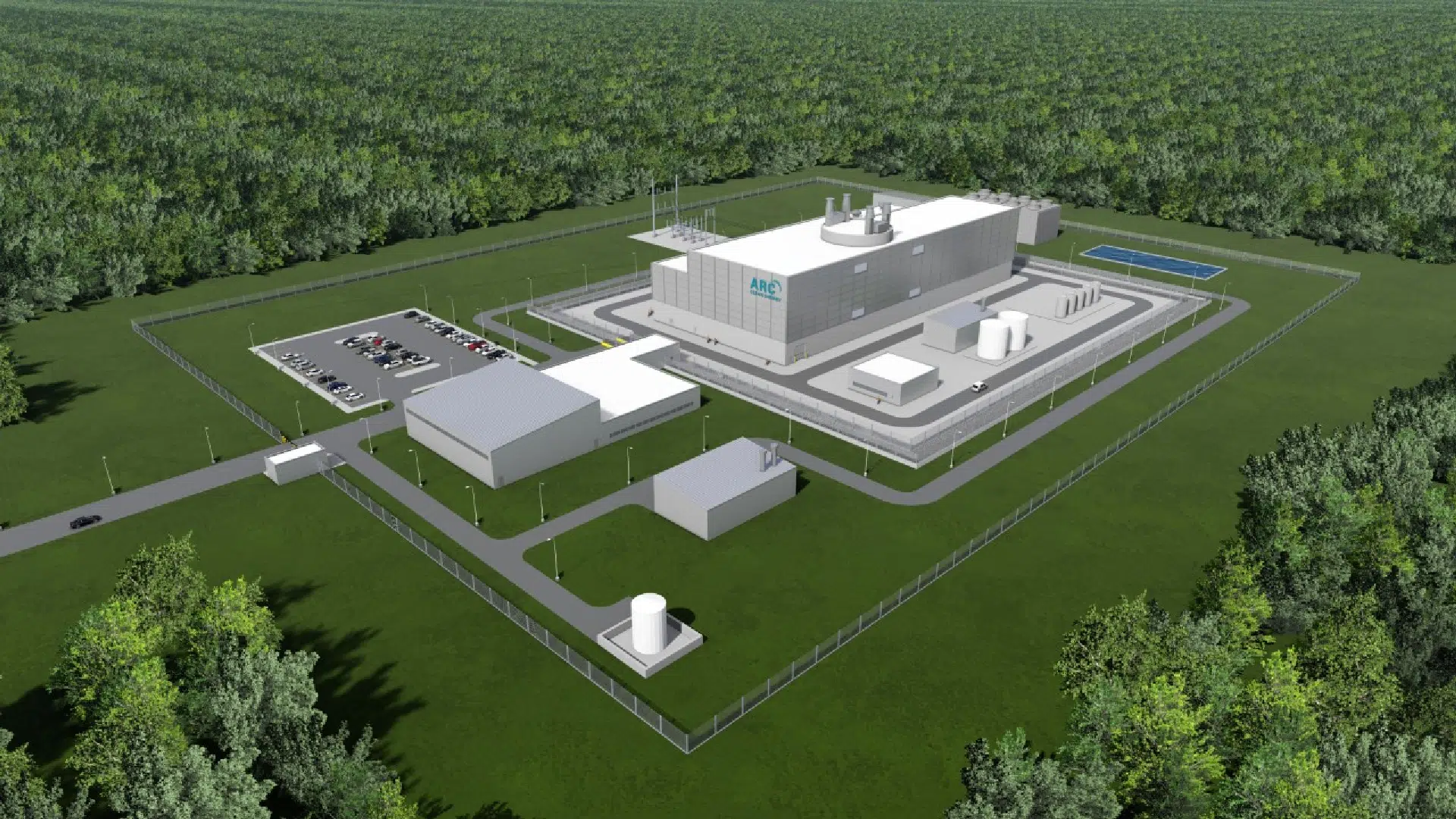The chair of the Coalition for Responsible Energy Development in New Brunswick (CRED-NB) is breathing a sigh of relief.
In early August, the province announced a comprehensive environmental review for a proposed small modular reactor project at Point Lepreau.
Ann McAllister of CRED-NB said the decision did not come as any surprise to the coalition.
“Earlier in the year, Premier [Blaine] Higgs has said the project would undergo a comprehensive review, so it was interesting that he said that right out of the gate,” McAllister said in an interview.
ARC Clean Energy has been working to develop an advanced sodium-cooled fast reactor that will generate at least 100 megawatts of electricity.
The company plans to build and operate the reactor on the site of the existing Point Lepreau Nuclear Generating Station and hopes to have it up and running by 2030.
While ARC is leading the development of the small modular reactor, NB Power is providing technical support for the project.
“The technology behind small nuclear reactors is new and that is why it is important to have such a thorough review,” Environment Minister Gary Crossman said when announcing the comprehensive environmental impact assessment.
According to the department’s website, more comprehensive reviews are ordered if the minister “suspects project impacts may be significant or decides that more study is needed to further assess these impacts.”
McAllister said there are two phases to the environmental impact assessment process. First the proponents will submit an environmental impact assessment registration document to the province.
A technical committee reviews the information and makes a recommendation to the minister, who will either approve the project, deny it, or send it for a comprehensive review.
The in-depth comprehensive EIA will involve participation from the public and First Nations.
While the province has agreed to do a more comprehensive review, the federal environment minister decided against doing a federal impact assessment.
The minister said that existing legislative requirements would be enough for the project, which McAllister disagrees with.
“We feel that the federal impact assessment is really the only impact assessment tool that gives an overarching view of the project from inception to final decommissioning and disposal,” she said.
McAllister said the Canadian Nuclear Safety Commission is piecemeal and experts have told her the provincial environmental review is a “weaker process.”








